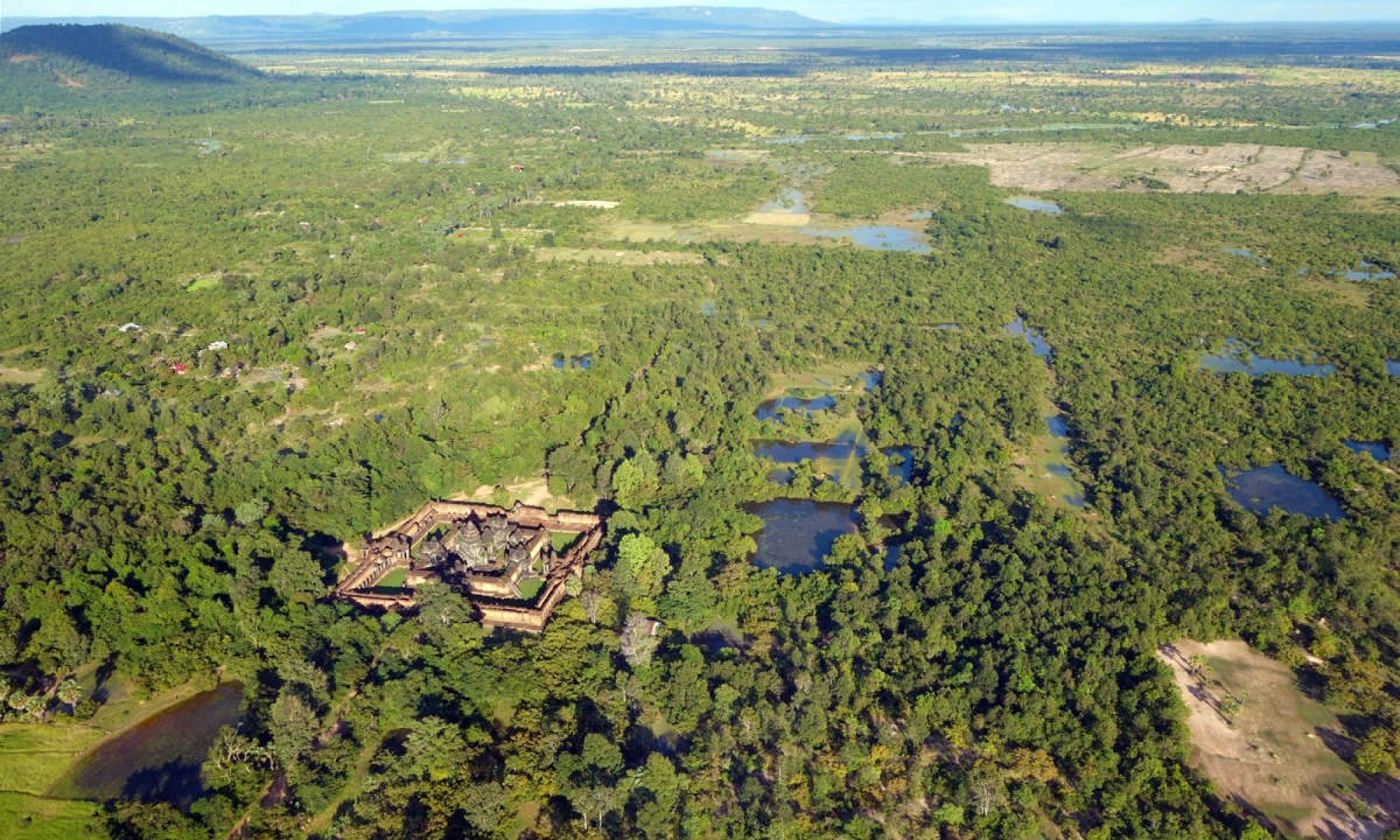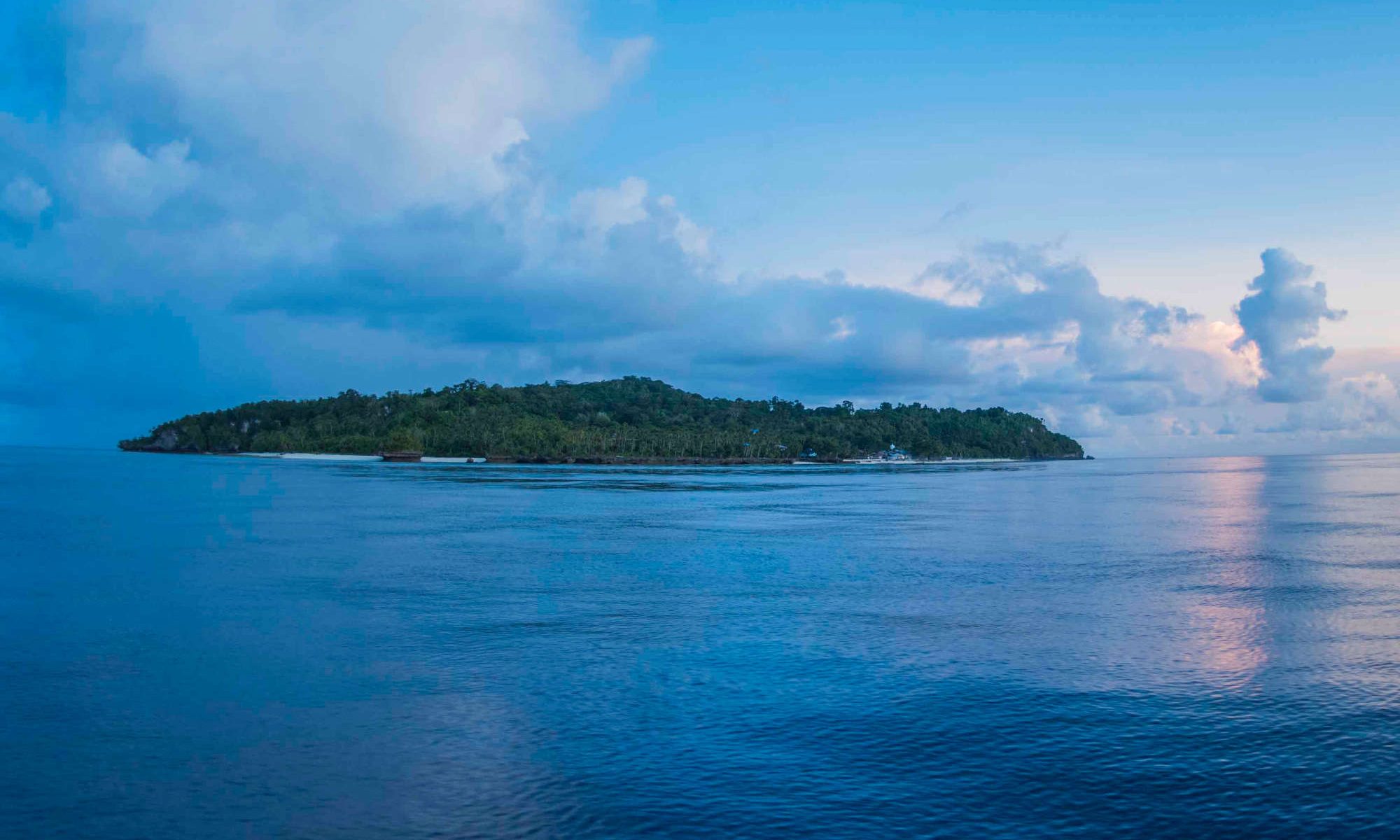The last 500 years in Southeast Asian history was characterized by dramatic social, political, and environmental changes, not the least of which were the incursion of Europeans at the same time when The Little Ice Age (LIA) stressed the region with bouts of aridity and cooler conditions. The broad trends of social and climate change can be observed in their respective narratives, but a granular synthesis is lacking. This is partly because regional histories focus on the elite and complex societies rather than native peoples and places, but also owing to sparse fine-grained environmental data documenting the impacts of a period of global cooling known in Europe as the LIA. The effect on SEA is regionally distinct from the drastic cooling of the Mediterranean and northern European region, but was severe and catastrophic in the Asian subtropics.
Our research will refine the data on changing climate in the region and to contrast the trendline with fine-grained data on local and indigenous communities in the region against the backdrop of the expansion of regional commerce and European engagement. We focus on the Early Modern Period (EMP) (1400-1830) SEA to establish local responses to such changes and emphasize the role of indigenous societies in the context of environmental history and human ecodynamics. As such, this research program aims to articulate environmental change with social contingencies, bringing together insights and approaches from the fields of paleoclimatology, environmental history, history, archaeology, and anthropology. Our proposed research program, thus, aims to foreground the often obscured or forgotten histories of Indigenous SEA, moving away from attributing European expansion and East Asian resource extraction as the primary catalysts in the EMP transformations.
This program promises to bring SEA to global discussions on environmental change during the EMP, particularly in terms of reconstructing past environments and studying human-environment dynamics through the “human ecodynamics” (HE) framework. HE refers to processes of stability, resilience, and change in socio-ecological relationships or systems. HE research involves interdisciplinary study of the human condition as it affects and is affected by the rest of the non-human world. We will focus on areas that have urgent climate change-related problems, including climate extremes (i.e., droughts, floods), sinking deltas, and rising sea levels/coastal erosion: these impacts have been exacerbated by human activities and have eradicated mangrove forests and altered the landscapes. We also have large coastal urban populations at high risk.

